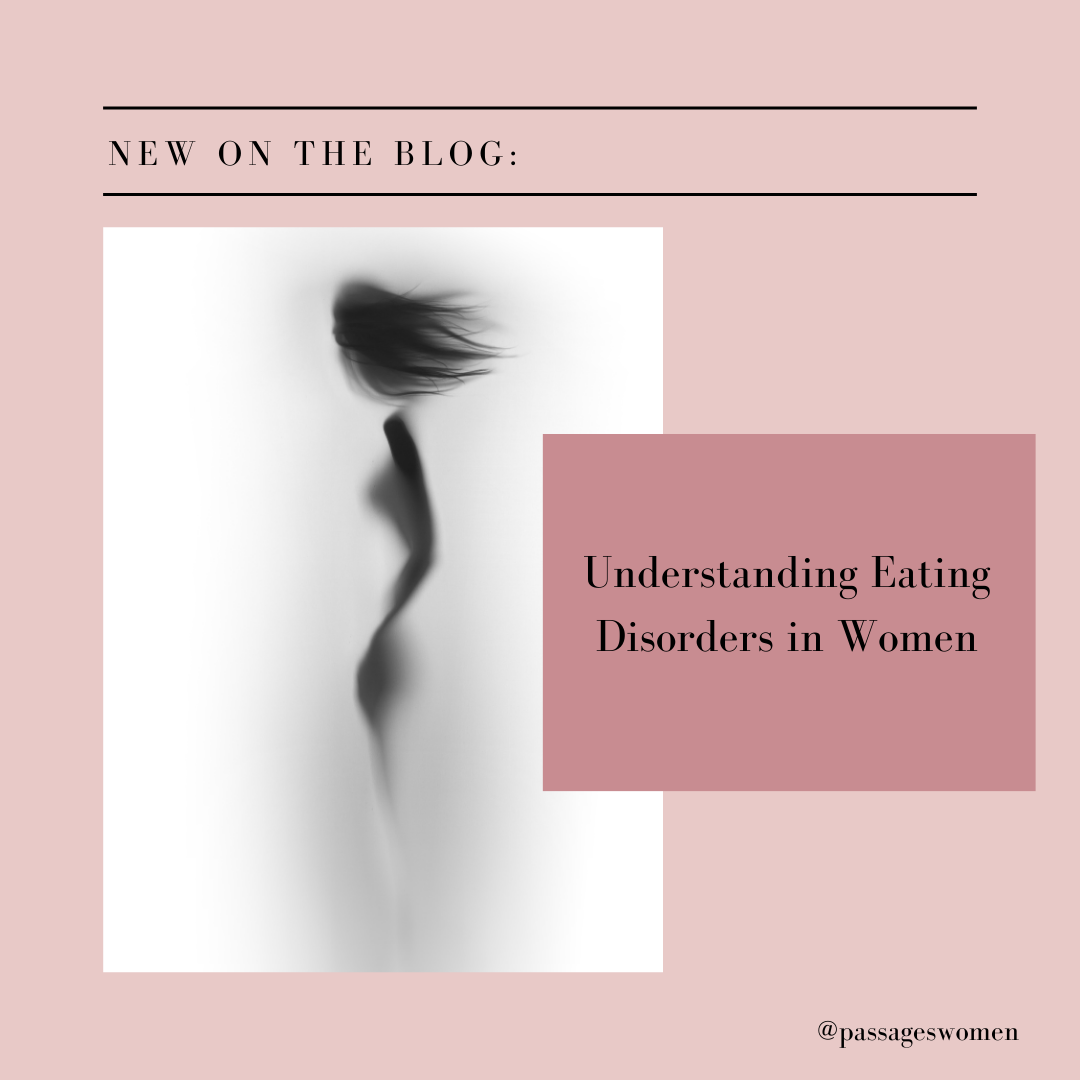Understanding Eating Disorders in Women
In a world that often idealizes certain body standards, women find themselves navigating a complex landscape when it comes to their relationship with food and body image. Eating disorders, a serious and often misunderstood mental health condition, disproportionately affect women. This blog aims to shed light on the various aspects of eating disorders in women, exploring the challenges they face and highlighting the importance of empathy, understanding, and support.
Prevalence of Eating Disorders
Eating disorders, including anorexia nervosa, bulimia nervosa, and binge-eating disorder, are pervasive and affect individuals from all walks of life. Research indicates that women are more susceptible to these disorders, with societal pressures, media influences, and cultural expectations contributing to the development of unhealthy eating habits and body dissatisfaction.
The Impact of Societal Pressures
From a young age, women often encounter societal expectations that emphasize the importance of achieving a specific body type. Unrealistic beauty standards perpetuated by media, advertising, and social platforms can lead to a distorted self-image and create a breeding ground for eating disorders. The pressure to conform to these ideals can trigger a range of emotional and psychological struggles.
The Role of Body Image
Body image plays a crucial role in the development and perpetuation of eating disorders in women. The constant comparison to unattainable standards can lead to low self-esteem, anxiety, and a distorted perception of one's own body. Social media platforms, in particular, contribute to the perpetuation of unrealistic beauty ideals, making it even more challenging for women to develop a healthy relationship with their bodies.
The Stigma Surrounding Eating Disorders
Despite progress in understanding mental health, there remains a stigma surrounding eating disorders. Women experiencing these struggles often face judgment, shame, and misconceptions. Breaking down these barriers is essential for fostering an environment where individuals feel comfortable seeking help without fear of judgment.
The Importance of Early Intervention and Support
Recognizing the signs of an eating disorder and providing early intervention is crucial for successful treatment. Friends, family, and healthcare professionals play a pivotal role in offering support and understanding to women facing these challenges. Encouraging open communication and empathy creates a foundation for recovery and promotes a healthier relationship with food and body image.
Treatment Options and Holistic Approaches
Treatment for eating disorders often involves a combination of psychotherapy, nutritional counseling, and medical intervention. Holistic approaches that address the physical, emotional, and psychological aspects of the disorder have shown promising results. Support groups, therapy, and educational programs contribute to building resilience and fostering a positive self-image.
Empowering Women to Redefine Beauty
As a society, it is crucial to shift the narrative around beauty and body image. Empowering women to embrace diversity, individuality, and self-love can contribute to dismantling harmful beauty standards. Promoting a culture of acceptance and celebrating the uniqueness of every individual can help create an environment where women feel valued beyond their physical appearance.
Eating disorders in women are complex and multifaceted, influenced by societal pressures, cultural expectations, and individual struggles. By fostering empathy, understanding, and support, we can create a more inclusive and compassionate society that encourages women to embrace their authenticity, redefine beauty on their terms, and embark on a journey towards recovery and self-discovery.
Resources:

